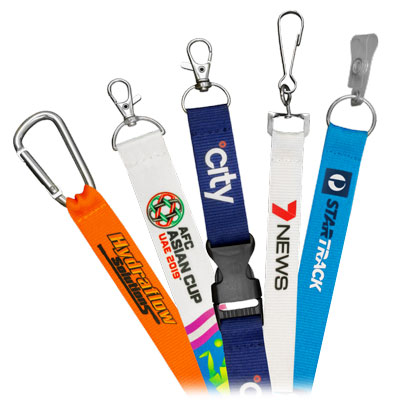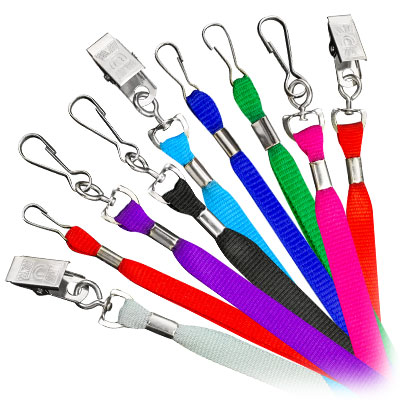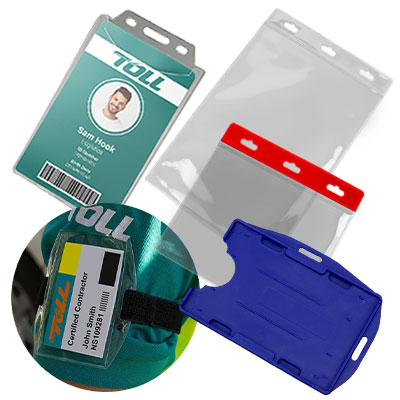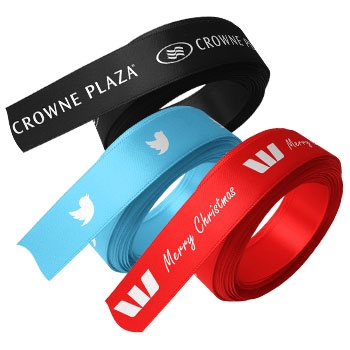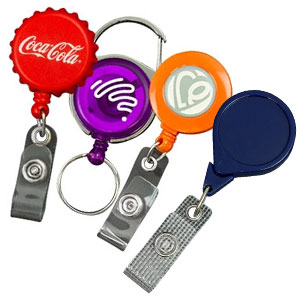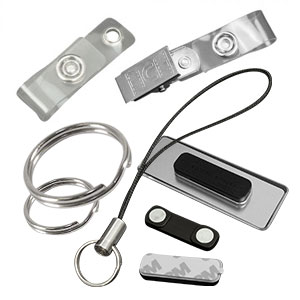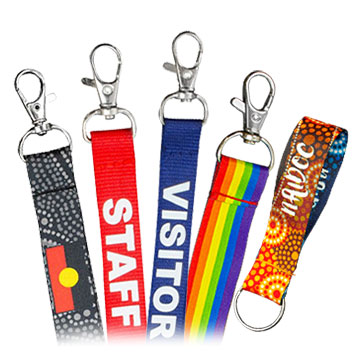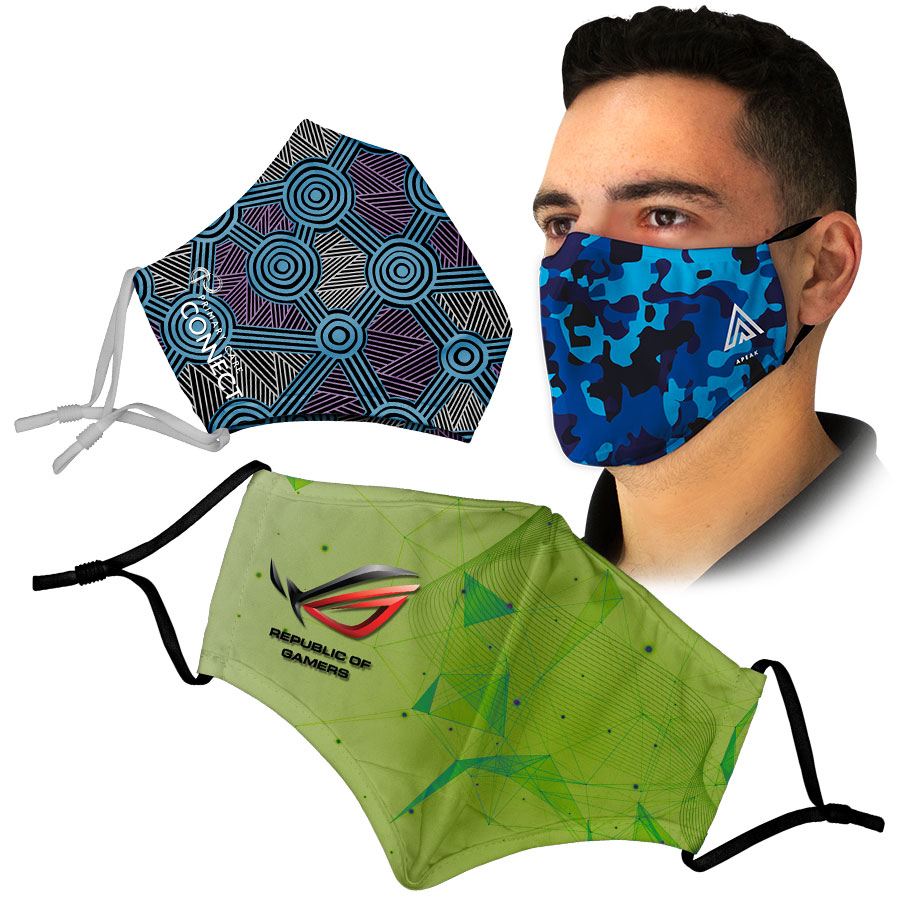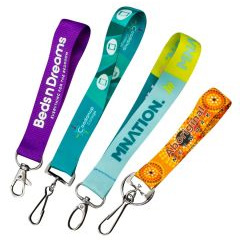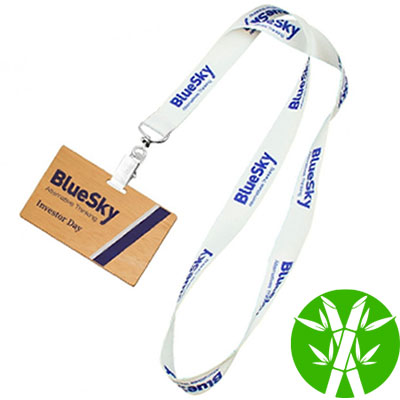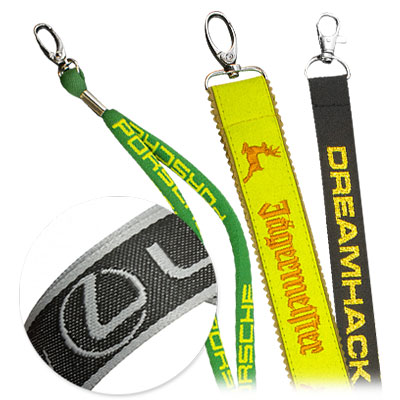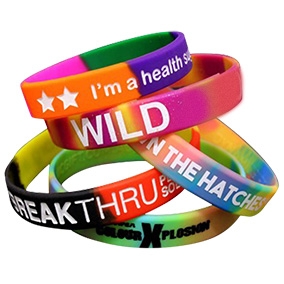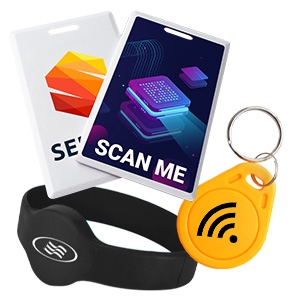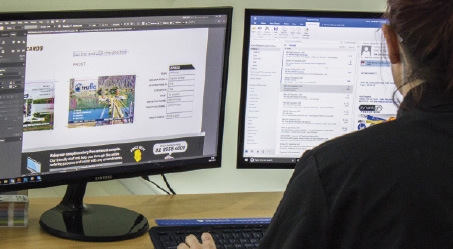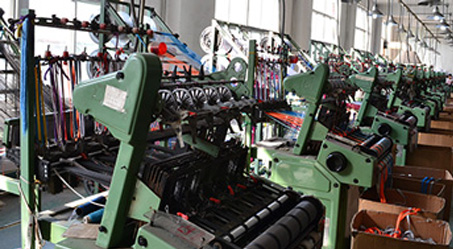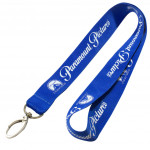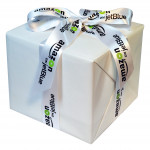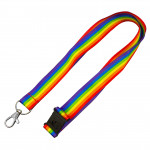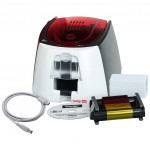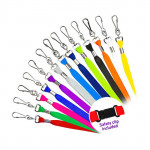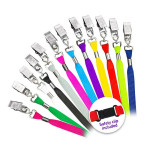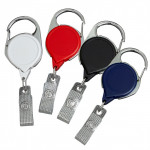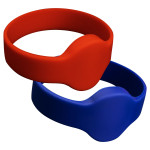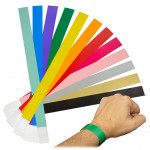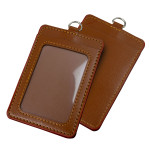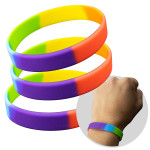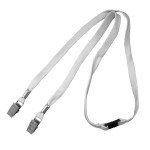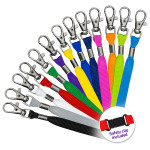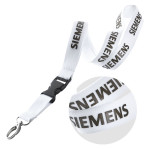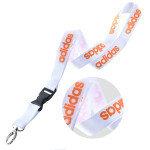Lanyards For All Occasions
Uses are only limited by the imagination of the wearer. There are probably ingenious ways the lanyard is being utilised right now across the world, some openly and possibly some not. One quick perusal across Pinterest reveals lanyards being created as necklaces, pet leashes, ties for the corporate trend setter, and insurance against the untimely loss of waterfowl calls. Yes deep water and mud is no friend to expensive duck calls. Even a cheap one will keep it safe and sound. Your goose shall not be cooked, until you deem it so.
Uses are only limited by the imagination of the wearer. There are probably ingenious ways the lanyard is being utilised right now across the world, some openly and possibly some not. One quick perusal across Pinterest reveals lanyards being created as necklaces, pet leashes, ties for the corporate trend setter, and insurance against the untimely loss of waterfowl calls. Yes deep water and mud is no friend to expensive duck calls. Even a cheap one will keep it safe and sound. Your goose shall not be cooked, until you deem it so.
Not Just For Promotions
We are one of Australia’s most prominent manufacturers of promotional lanyards. We have been operating since 2001, producing durable and impressive lanyards and ID accessories. We are customer focused and use ninja moves in bringing unbeatable levels of quality. We put clients first. From the design process, updates, to the delivery tracking, The Lanyards Factory is with their valued customers every step of the way.
All of their products are created within their own factory, guaranteeing that every step taken is efficient and accountable. We believe that their shipping speeds are second to none in the industry. We will despatch the order on the first available air express flight. For those clients who are in a rush, and want to known where to buy lanyards fast, The Lanyard Factory can promise delivery as quickly as within five days.
We also have an in-house design studio that can create pre-production mock up artwork of the client's design in .jpg or .pdf formats, applying the client's logo and specifications. This assists the customer with visualising the end result and therefore ordering with confidence. We have the capacity to handle large orders, but offer that special, personal touch. This is also ideal for those personalised lanyards requirements.
The History Of The Lanyard
When people think of lanyards, they are usually inclined to think of cords displaying company logos and sometimes an ID badge, and now thanks to this article, duck calls. There is, in fact, quite an interesting story behind the history. Way before they became common as promotional devices for people to wear at work and at events, and centuries before people could buy online, these items were actually used on ships and in the military. Lanyards would be used to secure items such as pistols, and other valuable items on ships that could move around as the ship crossed the waves.
This proved to be very handy during storms or battles when there was such chaos and mayhem, that personal items could very easily get tossed about, lost, or swallowed by Neptune's seas. They also have appeared in history as having been used by military bands to support instruments like bugles. The British Royal Navy still uses lanyards today to secure items to the ship when out at sea.
Lanyards are generally worn on the shoulder, neck or wrist depending on their use. They can be used as decoration, for holding items and for rigging. The word lanyard comes from the French word “Lanière” meaning “lash” or “strap”. The earliest references to lanyards date from 15th century France. In the French military, these canvas straps were used by cavalry and naval officers at sea. They would use a lanyard to connect a pistol, sword or whistle to a uniform semi-permanently. A pistol lanyard can be easily removed and reattached by the user, but will stay connected to the pistol whether it is drawn or in a holster. Lanyards were also used by pirates in the early 1500s as a means to keep their weapons close at hand when climbing the rigging of their ships or engaging in combat or indeed a rum session on land.
In the military, they come in various colour combinations and braid patterns. While the casual onlooker might assume this is merely a dapper fashion statement, these styles and variations actually denote the wearer's qualification or regimental affiliation. They are usually worn on the shoulders of the uniform. Members of the British Royal Artillery wear a lanyard which originally held a key for modifying the fuses of explosive shells. In horse regiments, lanyards were worn on the left, enabling the rider to pull a whistle from the left top pocket and keep up communication with the rest of the troop. Through out World War II soldiers could be seen using lanyards to attach pistols to their uniform. As time went on, they were formulated with special attachments which made it easier to switch out weapons, tools and other objects making them functional in both military and civilian life. Certain militaries still use types of lanyards as decorations on their uniforms. A few of these examples include the orange lanyard in the William Order of the Netherlands military and the German Armed Forces Badge of Marksmanship.
Besides being functional, lanyards have also become decorative and have featured for a while as a craft. Dating back as far as the 1950s, lanyard weaving became popular for French and American children. It is a good exercise to hone those fine motor skills, as lanyard weaving teaches children how to create complex knots. There is the box knot, triangle knot, Chinese knot and butterfly knot, to name just a few. In America the craft became known as “boondoggle” and in France it was known as “scoubidou” which incidentally is where the lovable cartoon dog character gets his name from.
In Modern Times
Nowadays, there are functions and facilities that require identification for security purposes, such as businesses, hospitals, prisons, conventions, corporations and backstage passes in the entertainment industry. Buying custom lanyards serve a purpose here for badges, tickets or ID cards. They are often made of braided or woven fabric or split with a clip attached to the end. A badge holder or a plastic pouch with at least one clear side is secured to the lanyard with the person's name badge. Sometimes, small items like pens, tools or business cards can be placed behind the badge for ease of access. There are situations where keys can be lost, such as at the gym or public swimming pools, and in these instances they can be used as key chains.
Mountain and rock climbers also have a use for lanyards. In these cases they are referred to as lineman lanyards, and they prevent falls. This type of lanyard will have a section of heavy duty nylon strapping attached to a metal ring which tightens around an attachment point. The strap may be a fixed length or adjustable, and will attach to the wearer to support them against a pole or a fixed object.
Lanyards come in a variety of shapes and sizes, and materials which can range from plastic, cord, leather or rope to satin, polyester, nylon or even silk, and their uses are amazingly wide and varied. USB flash drives now often have a branded lanyard. Another feature is the black plastic part which is a preset and re-attachable breaking point. It serves as a method for preventing accidental strangulation when the lanyard us worn around the neck. It can also be said that the Wii remote wrist strap is a form of lanyard, keeping the device connected to a user's arm. This comes in very handy as there are often vigorous movements involved in a Wii game.
As discussed, modern variations have also been used with other small electronic devices such as cameras and MP3 players to prevent loss or dropping. Electronics designed to take a lanyard usually have a small through-hole built into a corner or the edge of the case, or secured to the actual frame of the device. The corresponding lanyard often has a loop of thread on the end that is attached to that hole with a simple knot. Some earphones incorporate the audio signal into the lanyard, meaning it doubles up as headphone cords as well.
Just when you thought the love for lanyards could not get any greater, it is revealed that there are even mentions of them in songs. There is an old English folk song whose opening line reads “Quick the lanyards cut to pieces; come my hearts, be stout and bold; plump the well, the leak increases, four feet of water in the hold.” A jazz fusion English guitarist by the name of Allan Holdsworth composed an instrumental called “Lanyard Loop”. Another band called Sleep Baby Sleep produced a track called Lanyards. It is also an instrumental, but surely the day that a poetic "Ode to Lanyards" is penned.

